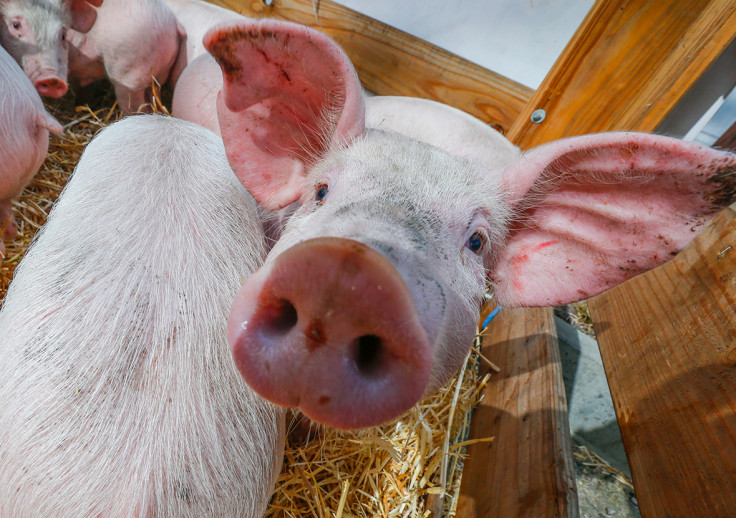A leading UK supermarket may have infected 'thousands of people' with a pig virus
Scientists believe that imported pork products infect 150,000-200,000 British citizens a year.

Thousands of British pork lovers may already be infected by a strain of hepatitis transmitted by some products which are imported and being sold at a leading UK supermarket, according to fresh analysis compiled by scientists from Public Health England (PHE).
Experts traced the shopping habits of 60 infected people to a form of own-brand sausages from a retailer known only as "Supermarket X". The British government has declined to name the specific shop, but multiple sources reportedly told The Sunday Times that it was Tesco.
The strain, hepatitis E, is typically found in pork products imported into the UK from Europe. According to the PHE website, signs of the disease in humans vary from no symptoms to liver failure. In rare cases, it can prove fatal, particularly in pregnant women.
This week (20 August), the Sunday Times reported that research completed back in 2016 was withheld from publication until now over alleged "sensitivity".
Scientists believe that imported pork products infect 150,000-200,000 British citizens a year.
The paper said: "The implicated products are pork sausages, which require cooking prior to consumption, and ready-to-eat pre-packed sliced ham". It noted that "Only Supermarket X, especially own brand, was significantly associated with [the virus]."
Tesco has not commented on the findings, but told The Sunday Times that it had already started a conversation with the Food Standards Agency (FSA) about how to minimise the spread of such viruses. "The association with the supermarket does not infer any blame," PHE said.
One scientist, professor Richard Tedder of the government's National Infection Service agency, agreed. "Something appears to have changed in animal husbandry so too many pigs are infected at slaughter. This is a problem for meat producers and all retailers, not just one."
Person to person transmission of the virus is very rare, however it has been known to pass on via blood transfusions, Public Health England has said. The numbers of confirmed hepatitis E cases and infections increased significantly between 2010 and 2016, it warned.
According to a report on PigWorld.co.uk, a spokesperson from the National Pig Association (NPA) acknowledged the sudden spike in cases but said that "further research and surveillance" was required to "determine the true cause of the rise in hepatitis E cases in the UK."
The statement continued: "NPA recommends that consumers follow the advice from the Food Standards Agency that pork and sausages should be cooked thoroughly until steaming hot throughout, with no pink or red in the centre, to greatly reduce the risk of infection."
© Copyright IBTimes 2025. All rights reserved.






















